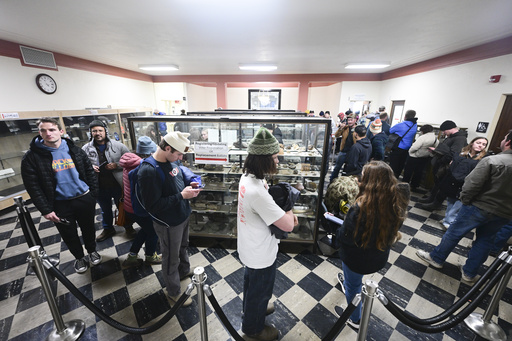
WASHINGTON — In the recent Senate race, Republican candidate Tim Sheehy made significant inroads against Democratic incumbent Jon Tester, particularly in Montana’s major counties, while expanding his lead in the less populated rural areas. This strategic advantage ultimately led to Sheehy’s victory, as called by the Associated Press at 6:26 a.m. ET.
Sheehy notably improved upon the performance of previous Republican candidates in areas where the majority of the state’s population resides. For instance, in Gallatin County, which encompasses Bozeman, he outperformed his Republican predecessor from 2018 by approximately five percentage points. Similar trends were observed in both Lewis and Clark and Yellowstone counties, which include the capital city of Helena and the larger city of Billings, where Sheehy also narrowed Tester’s margins significantly.
These upward trends coupled with Sheehy’s dominance in the state’s more rural regions created a lead that Tester could not overcome, even if he managed to win the remaining ballots by a large margin when the decision was made.
As Tester campaigned for a fourth term, he represented a diminishing faction within the Democratic Party, being a farmer from the Northern Plains. Sheehy, a former Navy SEAL and successful aerospace executive, framed Tester as a political insider. On the other hand, Tester labeled Sheehy a “fake cowboy.” A striking feature of this electoral battle was the unprecedented influx of campaign funding.
With Republicans aiming to secure a majority in the Senate and Democrats fighting to maintain a slim hold, the total financial commitment for the race was projected to exceed $315 million. This figure translates to nearly $500 per each of Montana’s 648,000 registered voters, marking a historical high for congressional races in the state when assessing funding on a per-voter basis.
According to filings with the Federal Election Commission and reports from AdImpact, Democrats were on track to spend approximately $50 million more than Republicans during this intense campaign.
The Associated Press declared the race in favor of Sheehy based on the unlikelihood that Tester could garner sufficient outstanding votes to overtake him, given Sheehy’s established lead at the time of the race call.
